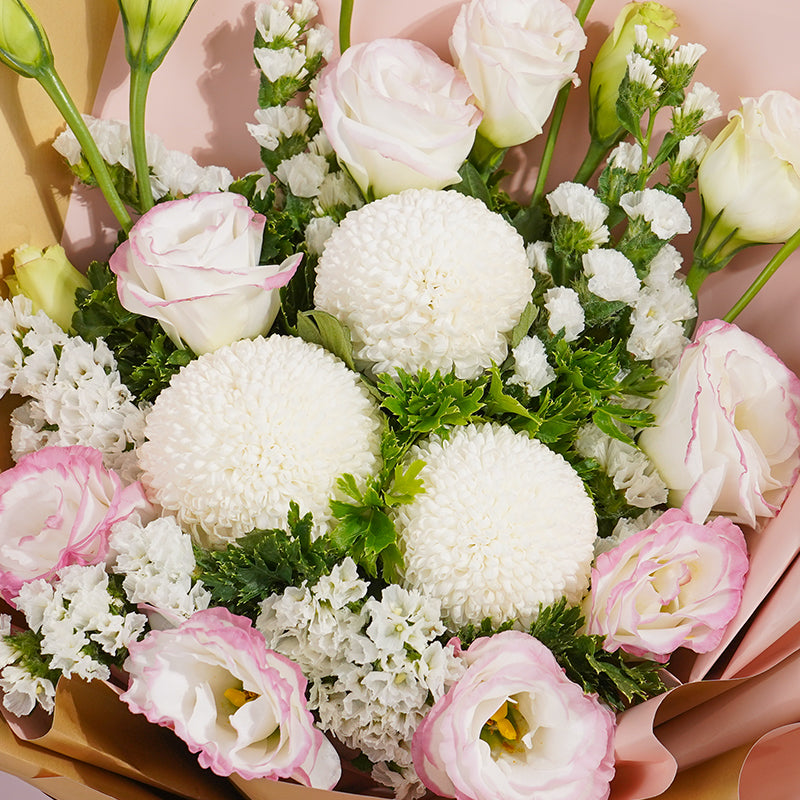Once more, the auspicious time of the year has arrived, bringing with it one of the most eagerly awaited holiday seasons! The Chinese New Year 2023 is almost approaching! Just a little back story, Chinese New Year is a time to spend at home with family, conversing, drinking, cooking, and enjoying a substantial supper, similar to how Christmas is celebrated in Western countries.
When Is Chinese New Year 2023?
Chinese New Year 2023 falls on Sunday, January 22nd, 2023, and celebrations conclude with the Lantern Festival on February 5th, 2023.
What Is Chinese New Year?
Chinese New Year, sometimes referred to as Lunar New Year, is a yearly 15-day celebration that kicks off with the new moon, which according to the Western calendar can fall anywhere between January 21 and February 20. After that, the festivities last until the following full moon.
People celebrate CNY by hanging red lanterns, using loud fireworks, hosting large banquets with a variety of delectable dishes, exchanging red money envelopes (ang paus), and frequently holding large parades. It goes without saying that the festival inspires fun celebrations all across the world!
Additionally, families use this occasion to visit relatives with gifts and give the kids ang paus. After spending the first day of the New Year at home, this begins on the second day. A married couple typically pays a visit to the wife's parents' home on the second day. The following days will be spent visiting so many relatives. In the past, some big rural families required more than a month to visit. These days, families are so small that a few days is sometimes enough to cover both the father and mother's side of the family.
Speaking of ang paus, thanks to the new normal, e-wallets have become an unusual choice for some families. However, we like to stick to tradition as there’s a certain nostalgia about receiving and giving a red envelope. And the old folks prefer them too.
How Long is Chinese New Year Celebrated?
Only the first two days of celebrations are regarded as public holidays in Singapore, even though they run up to 16 days (January 22nd–January 23rd, 2023). In China, public holidays for Chinese New Year are as long as seven days (January 22nd–January 29th, 2023).
What is the 2023 Chinese Zodiac?
2022 was the year of the roaring Tiger. This Chinese New Year marks the transition to the Year of the Rabbit. People born in a year of the rabbit are considered watchful, clever, quick-witted, and inventive. Goats, Dogs, and Pigs are the zodiac signs that get along best with rabbits.
What Year is Born on the Year of the Rabbit?
The fourth animal sign in the Chinese zodiac cycle is the rabbit. Rat, Ox, Tiger, Rabbit, Dragon, Snake, Horse, Goat, Monkey, Rooster, Dog, and Pig make up the first twelve zodiac signs. The 12-year cycle assigns an animal sign to each year.
Years of the Rabbit include 2023, 2011, 1999, 1987, 1975, 1963, 1951, 1939, 1927.
Chinese New Year, which typically falls between late January and mid-February, is the beginning of the Chinese zodiac year. Therefore, if you were born in January or February of one of the above years, you might be a Rabbit or even a Tiger.
In addition, if you were born in January or February of the years that came after those mentioned above (2012, 2000, 1988, 1976, etc.) you might be a Dragon or a Rabbit.
What Colours Should I Avoid On Chinese New Year?
Chinese New Year is all about luck, wealth, prosperity, and good health. It should go without saying that one shouldn't wear black. In Chinese mythology, the colour black represents bad luck with money, relationships, health, and sometimes even death.
Even if you don't believe in superstition, your relatives could think you lack cultural sensitivity, and nobody wants to be that person. Avoid wearing anything black, whether jet, glossy or matt.
How Much Should Money Should I Give For Chinese New Year?
Red packets or also known as 红包 (hóng bāo), are great because they contain money. The money in red envelopes is also known as 压岁钱 (yā suì qián).
Traditionally, it’s given by elders or married couples to youngsters in the hope of passing on a year of prosperity and blessings by distributing the money. These days it can be given to just about everyone, such as to the kids of coworkers or superiors. Amongst friends, it's simply for fun, and between strangers, to be polite.
There are no set guidelines, just like birthday money. For close relatives and direct family can be anything from $200 onwards. The amount is higher the closer they are. For parents, most people save the thickest envelope. For strangers, coworkers, or pals who are too near to care, you can give anywhere between $10–$50. However, you might want to add a little more if you're hoping to win over your boss or your significant other's family. After all, the Chinese highly emphasise reputation and "face."
But in the end, you have to think about your money account.
Browse our Mother's Day Gifts now!
Same Day Flower Delivery
Best Rated Florist In Singapore
4.8/5.0 Based On 5,310 Reviews
![whatsapp icon]() Click here to Whatsapp us! (MON-SUN, 9am-6pm)
Click here to Whatsapp us! (MON-SUN, 9am-6pm)

































